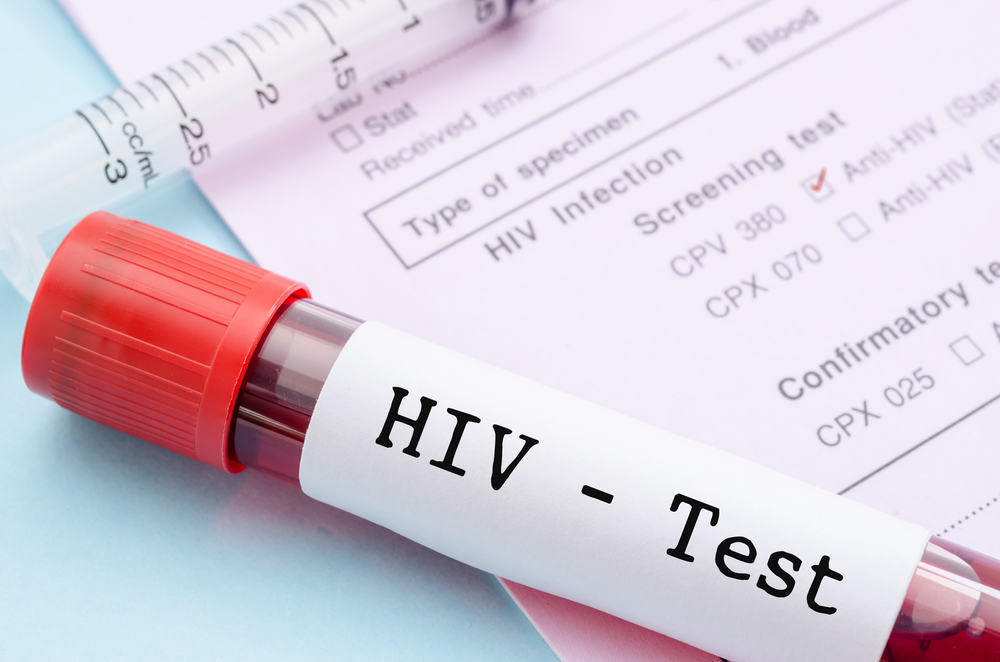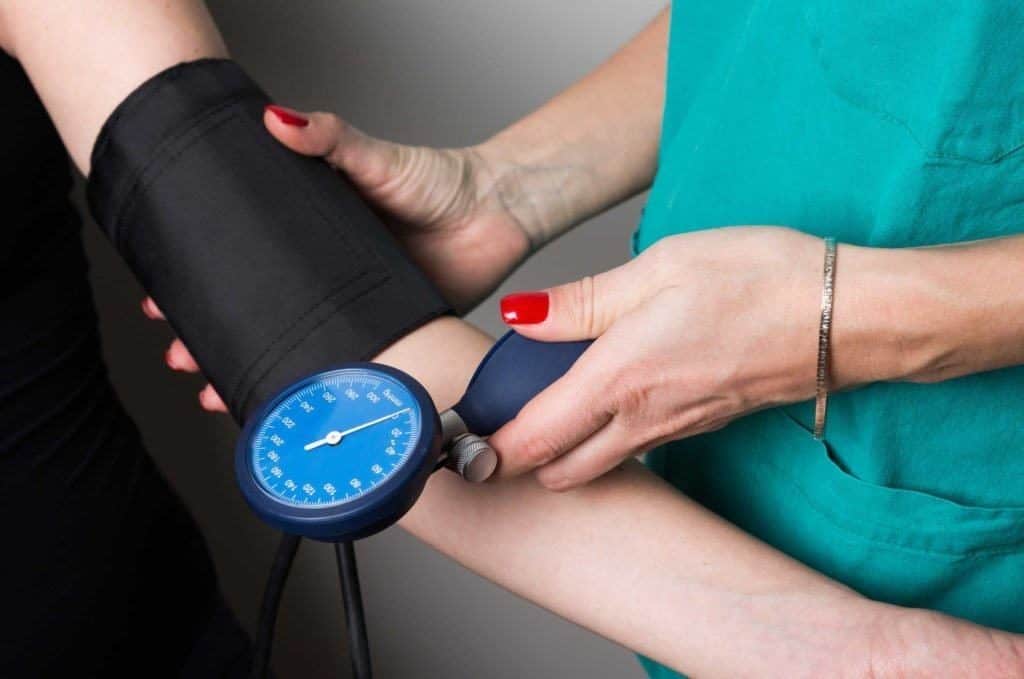Contents:
- Medical Video: HIV and Kidney Disease
- How is the spread of HIV?
- What are the symptoms of AIDS?
- Are there treatments for AIDS?
- Can I get AIDS through dialysis treatment or blood transfusion?
- How can I prevent AIDS?
Medical Video: HIV and Kidney Disease
HIV is human immunodeficiency virus. This virus affects disease which causes progressive damage to your immune system, which is called acquired immunodeficiency syndrome (AIDS). This disease increases your risk of getting a serious infection that people can usually avoid. The most common is caused by a parasite called pneumocystis carinii, which causes a type of pneumonia that is difficult to treat. People with AIDS are also more likely to develop certain cancers, such as Kaposi's sarcoma. This cancer is usually limited to the skin, but can be widespread in AIDS patients, which affects the skin, lymph nodes and abdominal organs. The first sign of Kaposi's sarcoma is red to purplish bruises or injuries to the body or in the mouth and nose. Other types of cancer can occur, including lymphoma, lymph node cancer.
How is the spread of HIV?
The most common ways of spreading HIV from one person to another include:
- Having sex with an infected person.
- Injecting illegal drugs.
- Transmitted through an infected mother to her baby during childbirth or breastfeeding.
- In addition, tattoos or piercings can be a source of HIV infection if the instruments used are contaminated with infected blood. This instrument must be used once and disposed of or thoroughly cleaned and sterilized after use.
What are the symptoms of AIDS?
About half of people infected with HIV develop AIDS within 10 years after being infected. This time varies for each person. Many people infected with HIV have no symptoms for years. The only way to know for sure is that you are infected by checking for HIV infection.
The following may be warning signs of HIV infection:
- Fast weight loss
- Dry cough
- Continuous fever or night sweats
- Feel very tired for no reason
- Swollen lymph nodes in the armpits, groin or neck
- Diarrhea that lasts for more than a week
- White spots or unusual spots on the tongue, mouth or throat
- Red, brown, pink or purplish patches on or under the skin or in the mouth, nose or eyelids
- Memory loss, depression and other neurological symptoms.
However, you do not have to assume that you are infected if you have these symptoms. The symptoms of AIDS are similar to many other diseases. AIDS is a medical diagnosis performed by a doctor and based on certain criteria.
Are there treatments for AIDS?
At present, there are treatments available to fight HIV infection and related infections and cancers. Zidovudine, or zidovudine, is one of the earliest drugs used to treat HIV infection. AZT and other similar drugs can help slow the spread of HIV in the body and delay the onset of related infections. In addition, new types of HIV drugs, such as protease inhibitors, have also been shown to help suppress the virus. Because HIV can become resistant to each class of medicine, this combination therapy is needed to effectively suppress the virus.
Currently available drugs do not cure people from HIV infection or AIDS, and they all have serious side effects. A number of drugs are also available to help treat infections that occur in people with HIV. Including drugs to treat infections cytomegalovirus eyes, yeast and other infections and pneumocystis carinii pneumonia. HIV-infected individuals who develop Kaposi's sarcoma or other cancers can be treated with radiation, chemotherapy or interferon injections.
Can I get AIDS through dialysis treatment or blood transfusion?
The possibilities are very small. Strict infection control measures are used by your dialysis treatment team and protect you against this infection. All donated blood is carefully screened for infection before transfusion is carried out.
How can I prevent AIDS?
A lot of research is being done to develop vaccines. Meanwhile, the best way to prevent infection is to follow safe sex guidelines and avoid high-risk behaviors such as injecting drugs.












